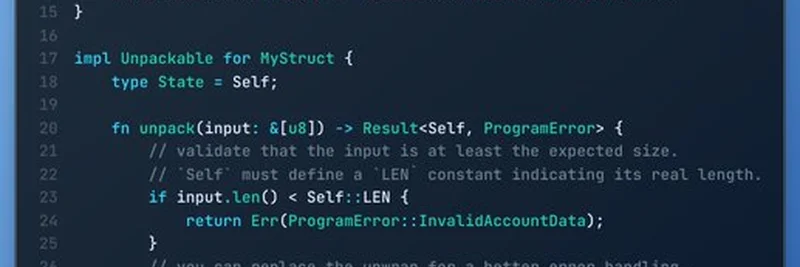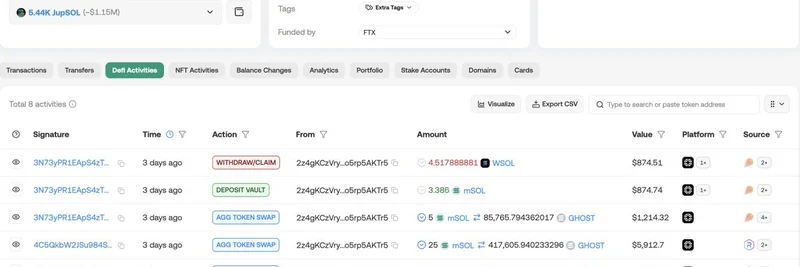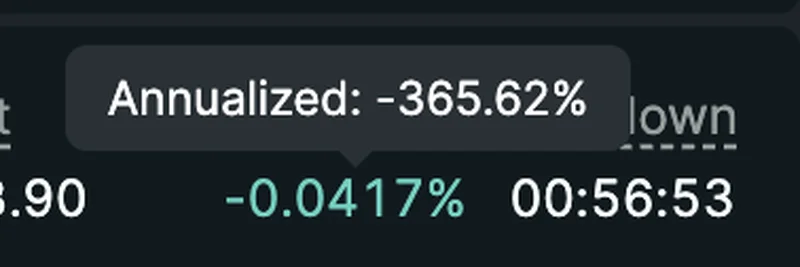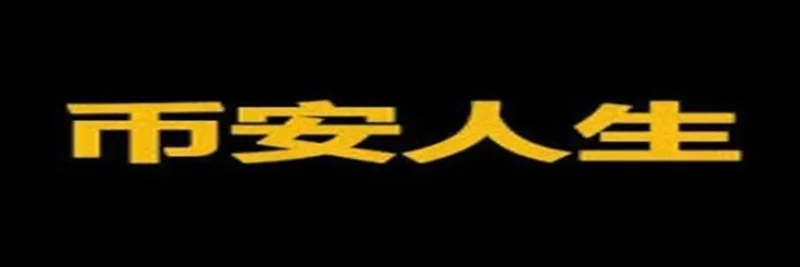import { Image } from 'astro:assets';
Hey there, crypto enthusiasts and blockchain developers! If you’ve been diving into the world of Solana and working with Pinocchio programs, you might have stumbled upon the challenge of unpacking raw account data on the client side. Don’t worry—we’ve got you covered! Thanks to a recent tweet from lich.sol, we’re breaking down this process into simple steps to help you master account deserialization like a pro.
What’s This All About?
In Solana development, Program Derived Addresses (PDAs) are special accounts tied to your smart contracts. When you define these PDAs in your Pinocchio programs, the raw account data they hold isn’t immediately usable on the client side—it’s just a bunch of bytes. To turn this data into something meaningful (like a structured object), you need to deserialize it. That’s where the clever trick shared by lich.sol comes in handy!
The Solution: A Custom Trait for Safe Deserialization
Lich.sol suggests creating a small trait in your Solana SDK to handle this deserialization safely. This approach lets you convert raw account data into the structs you’ve defined in your interface crate. Let’s walk through the code snippet they shared:
- Defining the Struct: First, you define a struct (e.g.,
MyStruct) with fields likeauthority,rewards, andstatus. This struct represents the shape of your account data. - Creating the
UnpackableTrait: This trait includes a method calledunpackthat takes a byte slice and returns either your struct or aProgramErrorif something goes wrong. - Implementation: For
MyStruct, theunpackfunction checks if the input data is the right size (using aLENconstant) and then extracts the fields into the struct.
Here’s a simplified breakdown of the process:
rust
pub struct MyStruct {
pub authority: [u8; 32],
pub rewards: [u8; 8],
pub status: u8,
}
pub trait Unpackable {
type State;
fn unpack(input: &[u8]) -> Result<Self::State, ProgramError>;
}
impl Unpackable for MyStruct {
type State = Self;
fn unpack(input: &[u8]) -> Result<Self, ProgramError> {
if input.len() < Self::LEN {
return Err(ProgramError::InvalidAccountData);
}
let authority: [u8; 32] = input[0..32].try_into().unwrap();
let rewards: [u8; 8] = input[32..40].try_into().unwrap();
let status: u8 = input[40];
Ok(MyStruct { authority, rewards, status })
}
}
On the client side, you can then use this trait to unpack the data:
rust
let unpacked_account_data = MyStruct::unpack(&account.data).expect("A valid account data is expected");
println!("authority: {:?}", unpacked_account_data.authority);
Why This Matters for Meme Token Developers
If you’re building meme tokens or decentralized apps (dApps) on Solana, handling account data efficiently is key. This method gives you control over how data is processed, which can save compute units (CU) compared to higher-level frameworks like Anchor. Plus, it’s a great way to deepen your understanding of Solana’s internals—perfect for those looking to level up their blockchain skills!
Bonus Tip: Exploring Codama
In a follow-up tweet, Jonas Hahn mentioned Codama, a tool that might soon simplify this process further. Codama standardizes Solana programs into an IDL (Interface Definition Language), generating client code that handles deserialization automatically. While lich.sol notes that the manual trait method is great for learning, Codama could be your next step for faster development. Check out more about it on QuickNode’s guide.
Wrapping Up
Unpacking Solana account data with Pinocchio doesn’t have to be a headache. With lich.sol’s approach, you can create a clean, safe way to deserialize data using a custom trait. Whether you’re a meme token creator or a Solana newbie, this technique is a valuable addition to your toolkit. Give it a try, experiment with your PDAs, and let us know how it goes!
Ready to dive deeper into Solana development? Explore more tutorials and updates on meme-insider.com to stay ahead in the crypto game!




